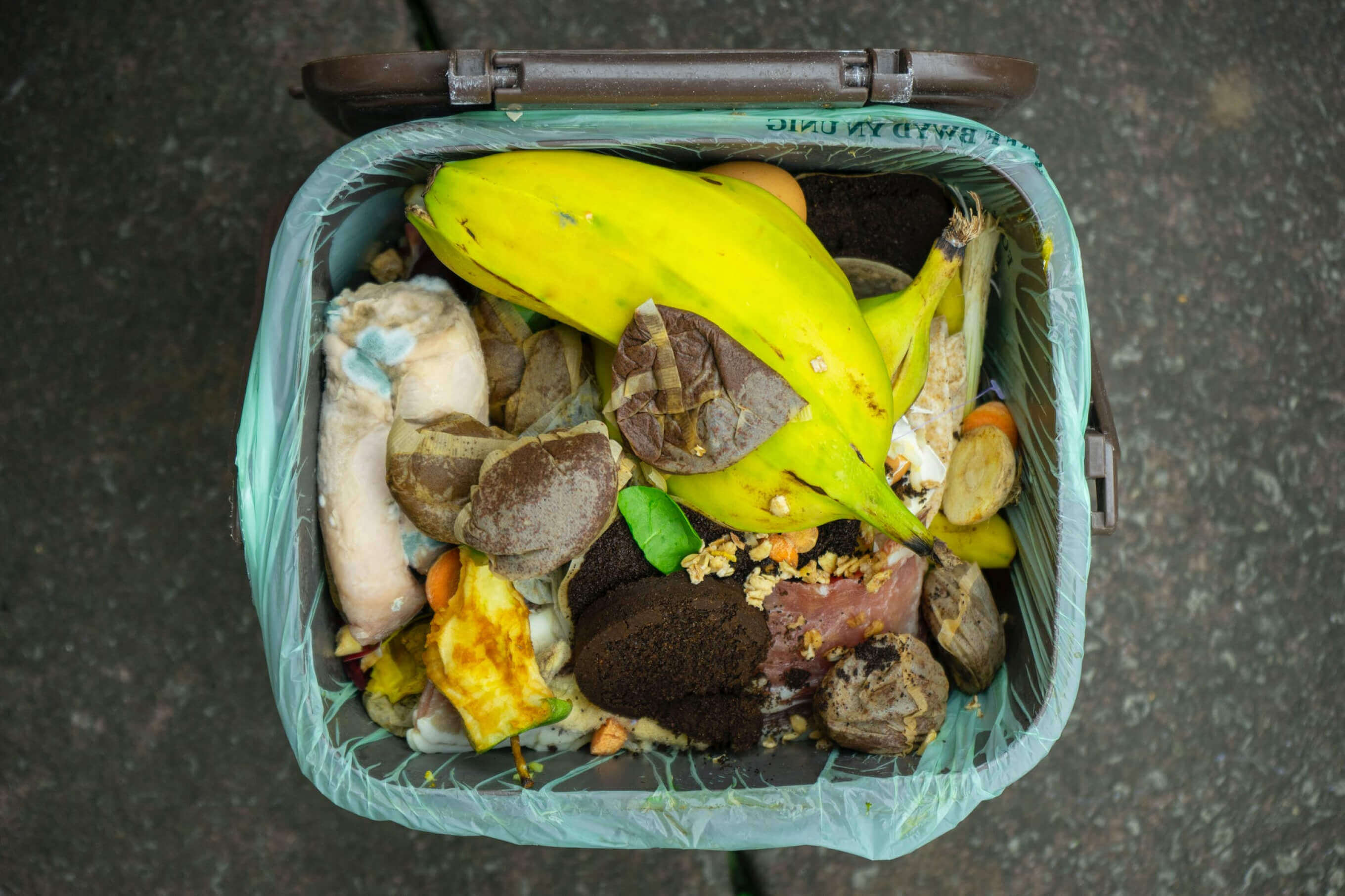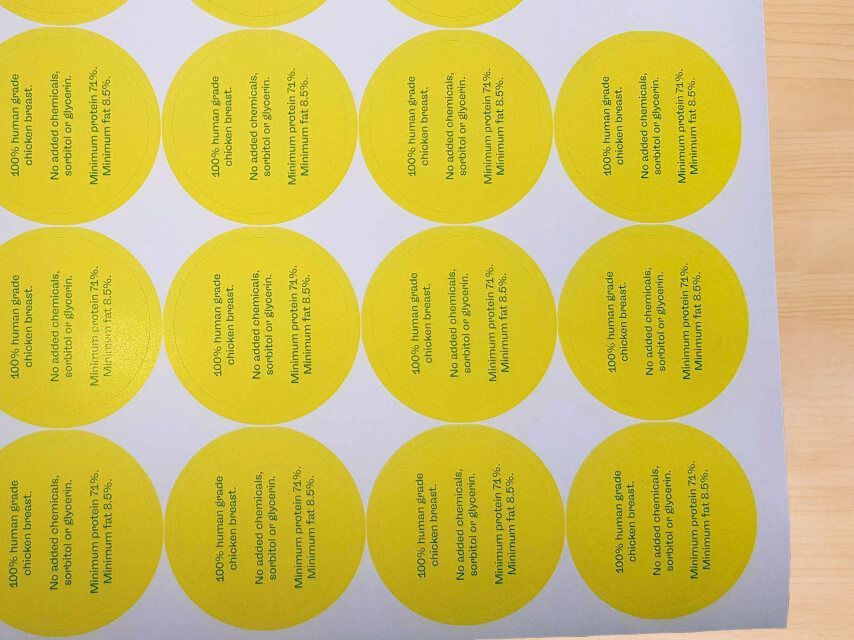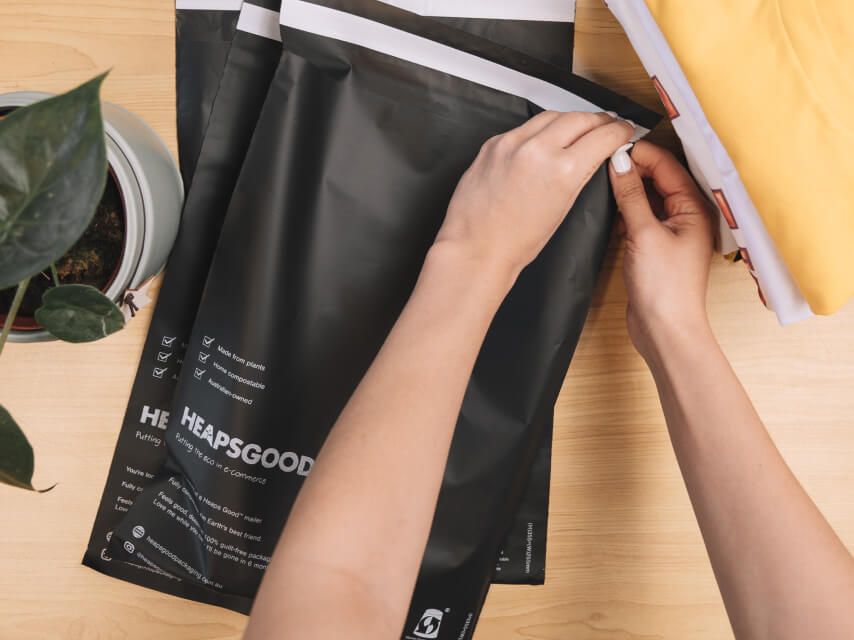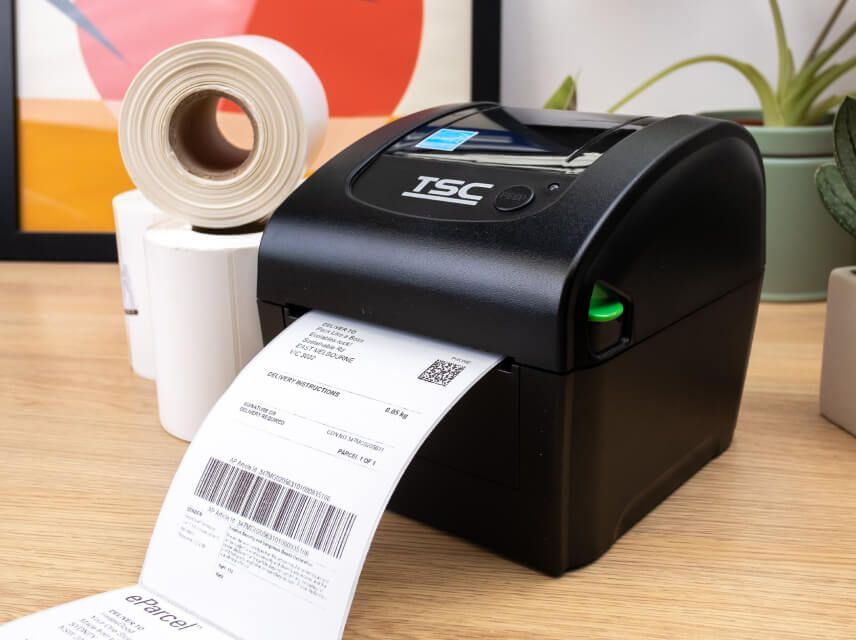Cart summary
Your cart is empty

Dog Street will always look for ways to be kinder to our street and our planet because we care. Making sure that any decision we make is also looked at from a sustainability aspect is really important to us. From where we source our dog treats, to who we source them from, to how they are packed, how they are shipped, how they are promoted — it is all as eco-friendly as possible for our small business. And yes, it may cost us a bit more, but we think ensuring a longer future for our pups and grandpups more than makes up for that.



Our treat bags don’t just look cute, they’re planet-friendly too (even the ink plays nice with the environment)! Made from recyclable soft plastic, they keep your doggo’s snacks fresh and tasty, while containing the smells your dog loves oh so much. We then top them off with recyclable paper stickers and ship everything in eco-conscious mailers, packed with love from our HQ.
We make sure to responsibly source all the ingredients that go into our delicious treats. Where we can, we only buy cartilage, tendon and bone (things the hoomans won't eat) that would otherwise go to waste. We also try to use mainly Australian ingredients to support local and make sure our ingredients aren't travelling too far to get here.